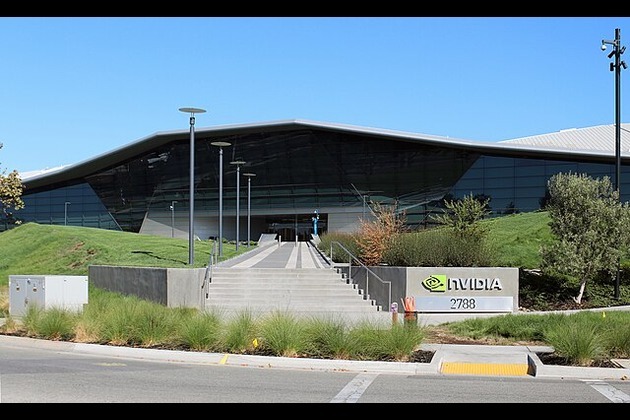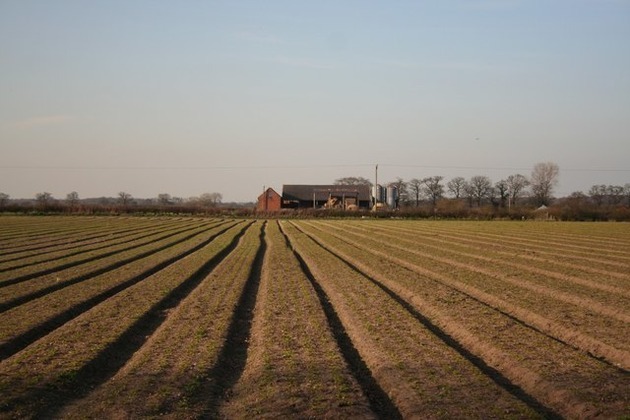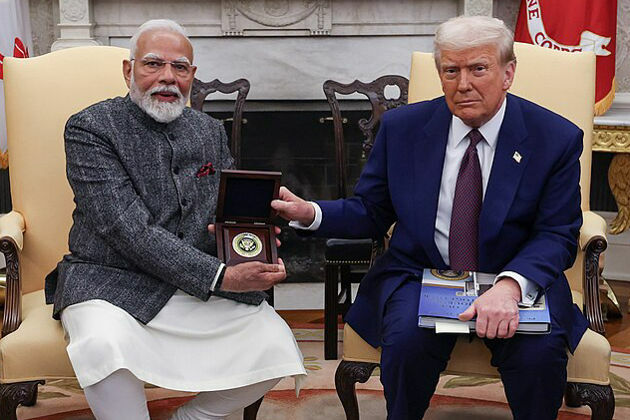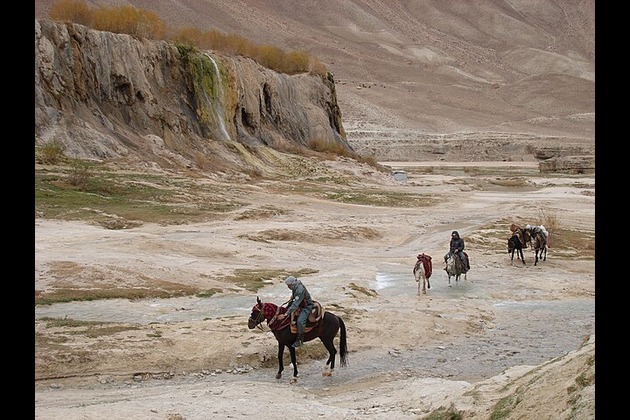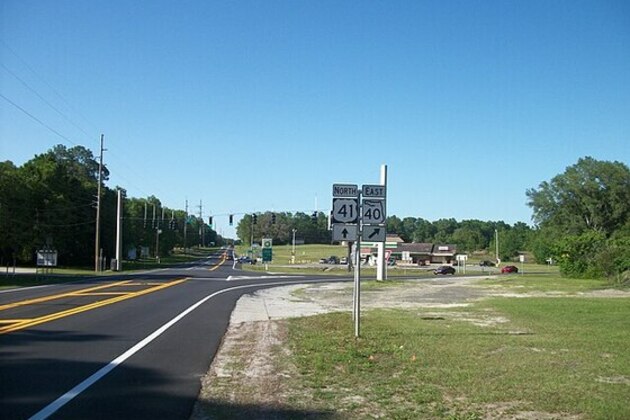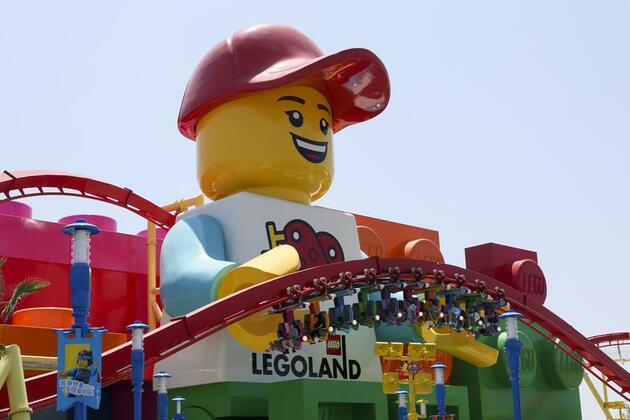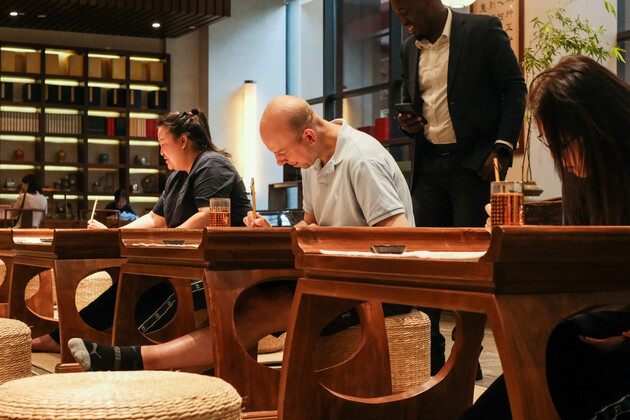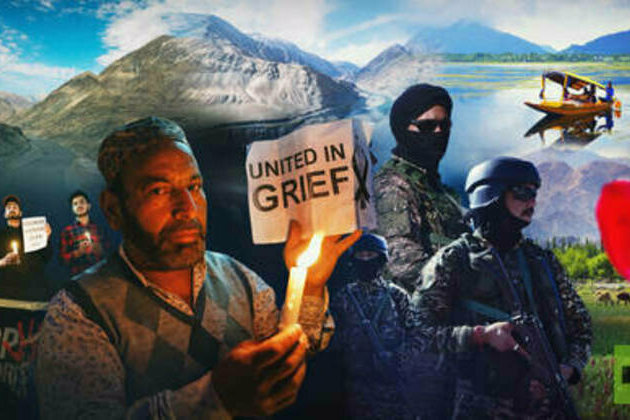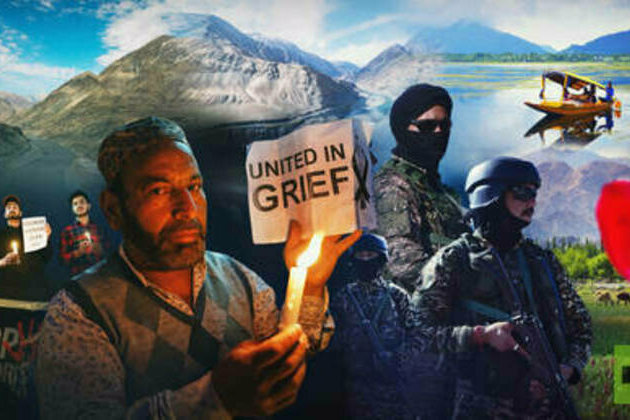How small towns are responding to the global pandemic
The Conversation
30 Jun 2020, 02:09 GMT+10

Before the global pandemic hit, small towns across America were dealing with struggling economies, aging roads and bridges, and declining populations.
The coronavirus added new challenges, like additional demand for limited hospital beds for an aging population, many of whom have chronic health conditions.
Fortunately, as I've seen in my work at the Small Town Center at Mississippi State University, small towns have the advantage of being more nimble and responsive to crisis than cities, largely because they have fewer regulations and more opportunities to be creative about problem-solving.
The pandemic has increased local leaders' attention to their residents' health - not just in terms of doctors and hospitals but also identifying new ways to help people get fitter, spend more time outdoors, eat healthier and boost local economies. Here are some ways people in small communities are adapting existing plans and creating new ways to keep their towns active and vibrant.
Many small towns are now looking to invest in sidewalks and bike paths. Communities like my own in Starkville, Mississippi, have done some work already, but are seeing an enormous increase in interest in walking and cycling, for both recreation and commuting.
There is plenty of evidence that extensive networks of bike paths and sidewalks create healthier communities. They offer more recreation space for people looking for activities that are outdoors and close to their homes.
But more than that, these routes are useful for people who need to visit local businesses or medical offices but are no longer willing or able to take a bus or get a ride from a friend, neighbor or ride service. Mississippi State University is installing additional bike racks around campus, to help people get to work and class without using public transit, which may be limited because of social distancing requirements.
With gyms closed and vacation travel more limited, residents and their communities are also placing new value on parks and open spaces. Unfortunately, many small towns do not have ample parks and green spaces for recreation. Nor do many rural towns have sidewalks.
Food options
Many people around the country are limiting their trips to grocery stores, and are exploring buying directly from local farmers for the first time. The farmers make more money by cutting out the middleman, and consumers can get fresh local produce at affordable prices.
Small towns are also seeing more of the urban phenomenon of food trucks and carts. Those businesses can be cheap to start - making them well suited for small towns with fewer potential customers.
[You need to understand the coronavirus pandemic, and we can help. Read The Conversation's newsletter.]
In urban areas, food trucks often set up in designated areas, but in small towns, I'm seeing that the food trucks travel to customers' neighborhoods or businesses - much like ice cream trucks make the rounds. They are also using digital technology to reach customers in new ways. In Starkville, Mississippi, for instance, people can use Facebook to request that the Mom and Pop breakfast-and-lunch truck visit their neighborhood.
Starkville also has several food carts that set up outside a local factory to offer workers easy lunch options.
Small-town industries and manufacturing businesses are mostly gone, leaving the communities looking for ways to diversify their economies. Some places have invested in cultural tourism, which encourages travelers to visit particular communities and learn about their local culture.
Many forms of tourism are suffering from social distancing and other travel limitations, but in-state visitors are still welcome across the country. Some states are welcoming tourists from other states without asking them to self-quarantine.
Since 2015, the Quitman County Economic Development Foundation, the Marks Historical Society and local officials in Marks, Mississippi, have been working to grow the town's tourism base. Marks is the home of a cultural trail honoring the starting point of Martin Luther King Jr.'s historic 1968 Poor People's Campaign.
It's a self-guided tour for cars, bicycles and pedestrians that includes both local historical sites and local restaurants and businesses. It's an example of how communities can promote history and the local economy while encouraging biking and walking in an obesity-ridden region. The trail has improved the local economy, benefits that can continue despite the pandemic because it's a form of tourism that easily allows social distancing.
Like communities of all sizes, small towns are looking at the physical layouts of their public spaces and businesses. Some are too small to accommodate many visitors while still observing social distancing. For instance, one small-town coffee shop in Starkville has opened a walk-up window to serve patrons who can remain outside in a well-spaced line.
Many towns are expanding restaurants' sidewalk seating areas for outdoor dining, even taking over parking spaces on nearby streets or closing roads entirely - something cities are doing as well. My center is involved in developing one of these new "streateries" which can not only accommodate social distancing measures but make downtown businesses more visible to community members and passersby. As opposed to urban streateries, our design is specifically geared to small towns with limited budgets and quick assembly using volunteers with minimal expertise.
In these efforts, small towns are continuing to adapt to adversity. To do so, they may take lessons from elsewhere - even large cities, like Singapore's idea to have fun by creating art as a way to mark proper social distancing in public spaces - while adapting them to local needs. Some of these temporary adjustments to meet short-term problems may even turn into longer-term ways to address the needs of small towns and the people who live in them.
Author: Leah Kemp - Director and Primary Researcher, Fred Carl Jr. Small Town Center; Adjunct Professor of Architecture, Mississippi State University 
 Share
Share
 Tweet
Tweet
 Share
Share
 Flip
Flip
 Email
Email
Watch latest videos
Subscribe and Follow
Get a daily dose of International Travel News news through our daily email, its complimentary and keeps you fully up to date with world and business news as well.
News RELEASES
Publish news of your business, community or sports group, personnel appointments, major event and more by submitting a news release to International Travel News.
More InformationBusiness
SectionEngine defect prompts Nissan to recall over 443,000 vehicles
FRANKLIN, Tennessee: Hundreds of thousands of Nissan and Infiniti vehicles are being recalled across the United States due to a potential...
Microsoft trims jobs to manage soaring AI infrastructure costs
REDMOND, Washington: Microsoft is the latest tech giant to announce significant job cuts, as the financial strain of building next-generation...
Stocks worldwide struggle to make ground Friday with Wall Street closed
LONDON UK - U.S. stock markets were closed on Friday for Independence Day. Global Forex Markets Wrap Up Friday with Greeback Comeback...
Nvidia briefly tops Apple’s record in AI-fueled stock rally
SANTA CLARA, California: Nvidia came within a whisker of making financial history on July 3, briefly surpassing Apple's all-time market...
ICE raids leave crops rotting in California, farmers fear collapse
SACRAMENTO, California: California's multibillion-dollar farms are facing a growing crisis—not from drought or pests, but from a sudden...
Trump signals progress on India Trade, criticizes Japan stance
WASHINGTON, D.C.: President Donald Trump says the United States could soon reach a trade deal with India. He believes this deal would...
Travel and Tourism
SectionTaliban seeks tourism revival despite safety, rights concerns
KABUL, Afghanistan: Afghanistan, long associated with war and instability, is quietly trying to rebrand itself as a destination for...
Native leaders, activists oppose detention site on Florida wetlands
EVERGLADES, Florida: Over the weekend, a diverse coalition of environmental activists, Native American leaders, and residents gathered...
Xinhua Headlines: China's first LEGOLAND resort opens in Shanghai
* China's first LEGOLAND resort opened on Saturday in Shanghai. * Spanning 318,000 square meters, LEGOLAND Shanghai Resort is the...
CHINA-HAINAN-BOAO-MEDICAL TOURISM (CN)
(250705) -- BOAO, July 5, 2025 (Xinhua) -- Canadian figure skating coach Mark Batka (C) experiences Chinese calligraphy at the Boao...
'They killed our season - and our hope': Terror turns paradise into ghost town
In Kashmir, an April attack shattered the fragile tourism revival - hotel bookings collapsed, and local businesses are fighting to...
'We have no revenue, no tourists, only debt': Here's how a single act of terror collapsed a region's economy
In Kashmir, an April attack shattered the fragile tourism revival - hotel bookings collapsed, and local businesses are fighting to...




